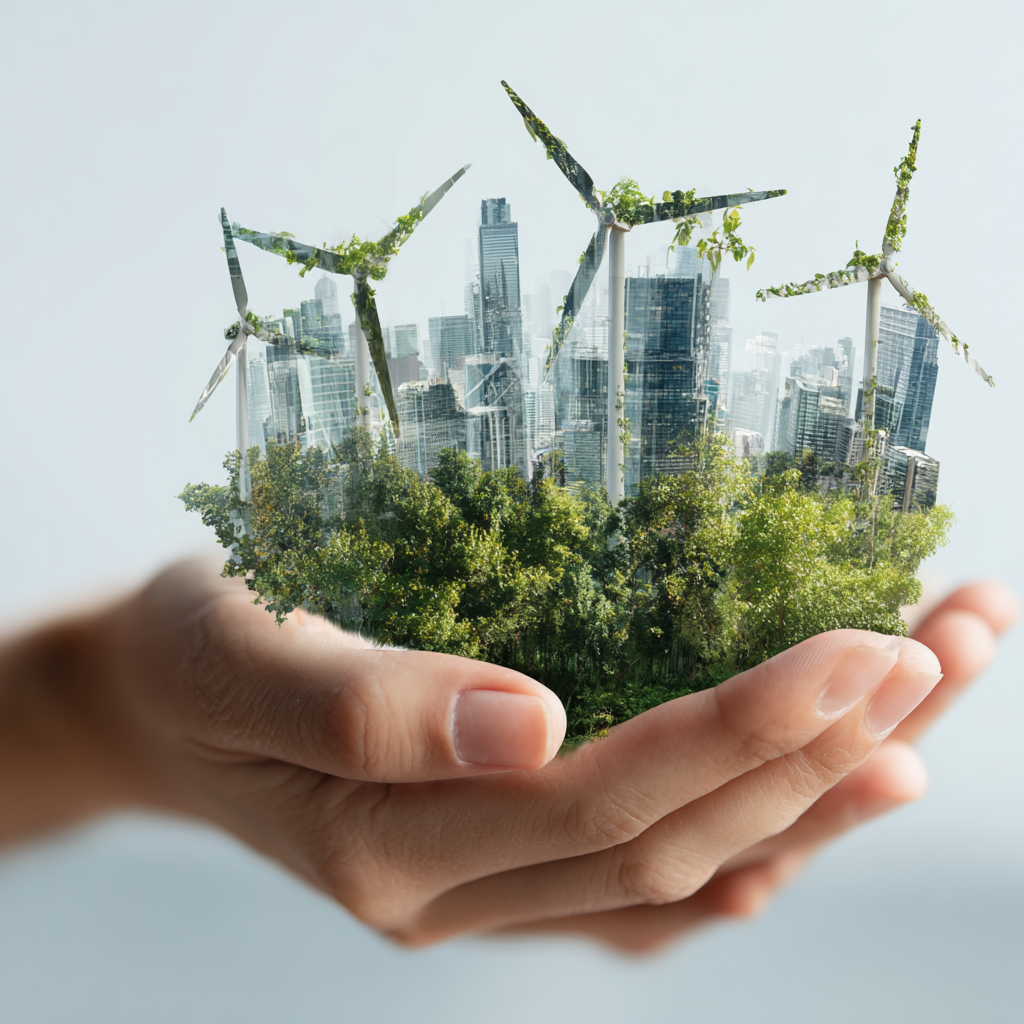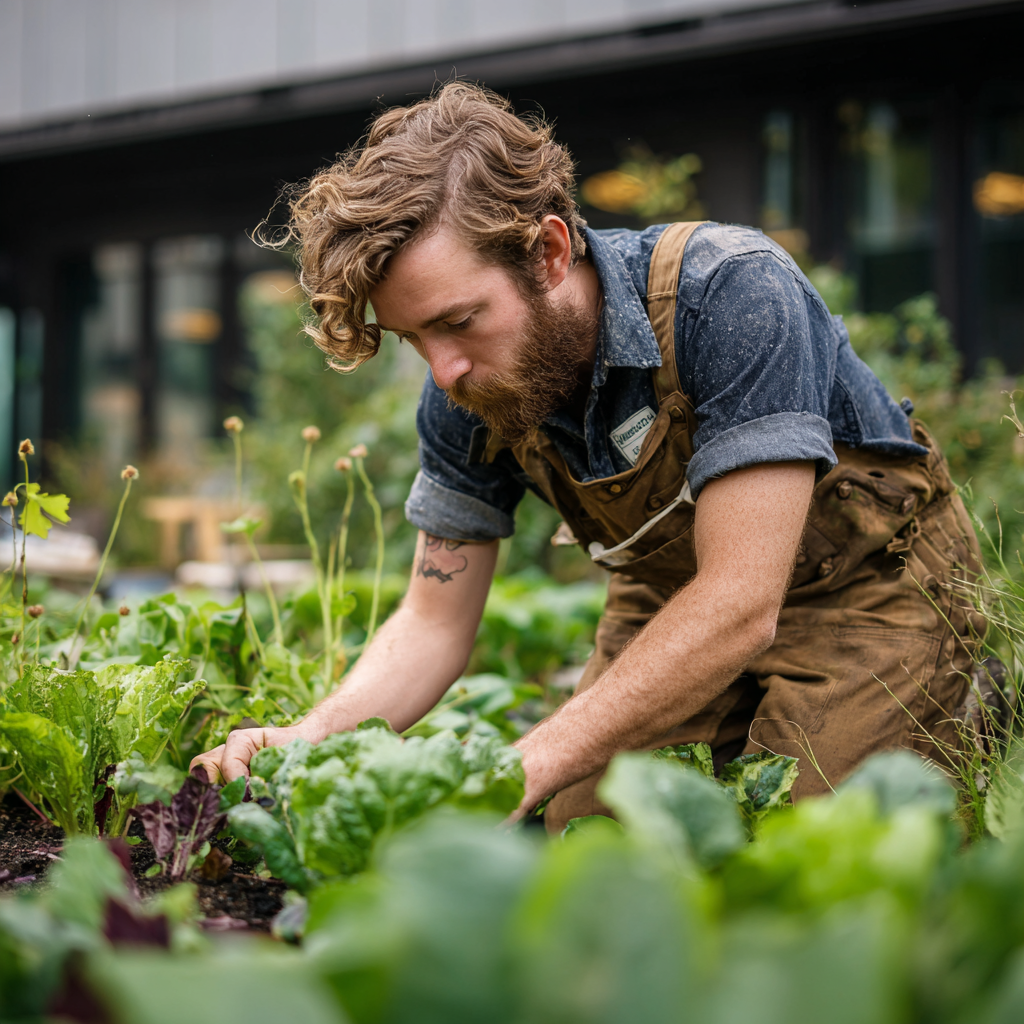Understanding the Emotional Impact and How to Cope Sustainably
Climate change is not only an environmental crisis but also a profound psychological challenge. As global temperatures rise, extreme weather events increase, and ecosystems degrade, many individuals experience a range of emotional and mental health effects. Understanding the connection between climate change and mental health is essential to address these impacts and foster resilience.
This comprehensive blog post explores how climate change affects mental well-being, the emerging field of climate psychology, and sustainable coping strategies to support emotional health in the face of environmental uncertainty.
The Emotional Toll of Climate Change
Climate Anxiety and Eco-Distress
• Climate anxiety refers to chronic fear of environmental doom.
• Eco-distress encompasses feelings of grief, helplessness, and despair related to ecological loss.
• These emotions are increasingly reported across age groups, especially among youth.
Trauma from Climate-Related Disasters
• Hurricanes, wildfires, floods, and droughts cause trauma, displacement, and loss.
• Survivors may experience post-traumatic stress disorder (PTSD), depression, and anxiety.
Solastalgia: Grieving Environmental Change
• Solastalgia describes distress caused by environmental change in one’s home environment.
• It combines “solace” and “nostalgia,” reflecting loss of place and identity.
Social and Community Impacts
• Climate change can strain social cohesion as resources become scarce.
• Vulnerable populations face disproportionate mental health risks.
Why Mental Health and Climate Change Are Interconnected
• Environmental changes affect livelihoods, food security, and physical health, which influence mental well-being.
• Media coverage and activism heighten awareness and emotional responses.
• The scale and uncertainty of climate change can overwhelm coping mechanisms.
Sustainable Coping Strategies
1. Foster Connection with Nature
• Spending time outdoors supports mental health and strengthens motivation to protect the environment.
• Urban gardening, hiking, and wildlife observation can cultivate a sense of belonging and hope.
2. Build Community and Social Support
• Engage with local groups focused on climate action and sustainability.
• Sharing experiences reduces isolation and empowers collective resilience.
3. Practice Mindfulness and Self-Compassion
• Mindfulness helps manage anxiety by focusing on the present moment.
• Self-compassion encourages kindness toward oneself amid uncertainty.
4. Take Meaningful Action
• Participating in environmental advocacy or sustainable living can alleviate feelings of helplessness.
• Small, consistent actions build a sense of agency and purpose.
5. Seek Professional Support When Needed
• Therapists trained in eco-psychology can provide specialized care.
• Mental health services should be accessible, especially after climate disasters.
6. Limit Exposure to Distressing Media
• Balance staying informed with protecting mental health.
• Set boundaries on news consumption and social media.
The Role of Institutions and Policy
• Integrating mental health into climate adaptation and disaster response plans.
• Promoting community-based resilience programs.
• Funding research on climate-related mental health impacts.
• Ensuring equitable access to mental health resources.
Hope and Resilience in the Face of Climate Change
Despite challenges, many individuals and communities demonstrate remarkable resilience. Stories of environmental restoration, youth activism, and innovative solutions inspire hope and collective action.
Conclusion: Caring for Our Minds and Our Planet
Climate change and mental health are deeply intertwined. Addressing the emotional impacts of environmental change is vital for individual well-being and effective climate action. By cultivating sustainable coping strategies, fostering community, and advocating for supportive policies, we can nurture resilience and hope in a changing world.
Take Care of Your Mental Health and the Planet
• Connect with nature regularly.
• Join local sustainability or climate action groups.
• Practice mindfulness and self-care.
• Seek support when needed.
• Stay informed but set healthy boundaries.
Hi, I’m Adrian — a passionate learner and advocate for positive change. I’m new to blogging, but I’m here to inspire and grow together with you. Every post is a step on this journey, and I truly appreciate your support and feedback. Let’s #BeTheChange ☀️🕊️







